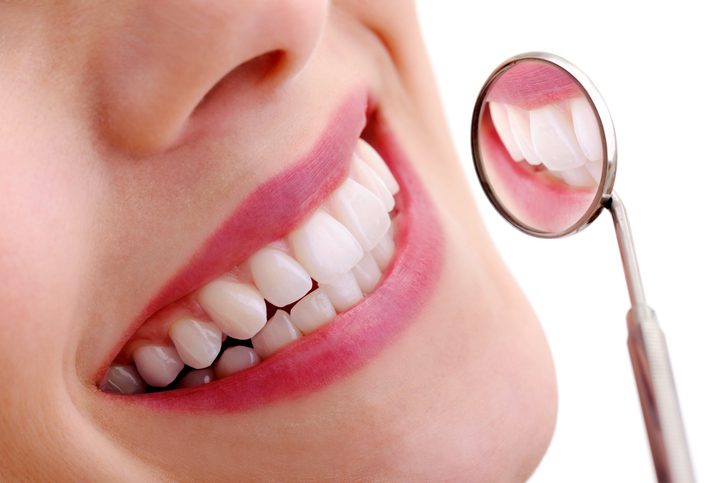Does it feel like there is a fuzzy layer on top of your teeth? That fuzzy feeling can be attributed to plaque and tartar buildup. Dental plaque is a sticky substance and mixture left from food debris and saliva that builds on the teeth and gums. Over time, plaque can turn into tartar or calculus, hard deposits that are difficult to remove without professional care. We recommend an at-home oral hygiene routine and dental cleanings from a professional dentist in Owings Mills, MD, to prevent bacterial buildup and improve your oral health.
Signs of Tooth Decay and Gum Disease
Some of the most common symptoms of tooth decay and gum disease, including a “fuzzy” feeling on your teeth, can include:
- Bad breath (halitosis)
- Bleeding when flossing
- Red or purple-tinged gums
- Tooth or gum pain
- Swollen, irritated gums
- Sensitive teeth
Please contact our office if you experience any of these symptoms. We can provide a thorough cleaning and examine your smile for any other signs of infection.
What Happens During a Dental Cleaning?
Prophylaxis, or dental cleaning, can help remove plaque and tartar and prevent problems like gum disease and tooth decay. To begin the cleaning, the hygienist examines the smile, looking for signs of gingivitis and periodontitis. Then, they use a scaler and dental mirror to remove plaque and tartar from the teeth and gums. Using an electric brush and gritty toothpaste can remove any leftover tartar from the teeth. Once the hygienist brushes the teeth, they floss and rinse the smile to get rid of any debris.
Professional dental cleanings are important if you already have problems with plaque and tartar buildup. If your gums bleed when you floss, you likely have gingivitis or gum inflammation. You can reverse gingivitis with a good oral hygiene routine and professional cleanings. Gingivitis is common among many patients, especially if they do not floss enough. Flossing helps remove buildup on the gum tissue.
At-Home Oral Hygiene Tips
We recommend that you brush and floss twice a day. When brushing, use a soft-bristled brush. Avoid toothpaste that contains abrasive materials like charcoal, as they can scratch and damage your tooth enamel. Use fluoride toothpaste because it helps to demineralize and strengthen your tooth enamel.
There are many different types of floss you can use based on your needs. Waxed and unwaxed floss, thin or thick floss, and even water flossers can help remove debris from between teeth. Tooth gaps, dental restorations, and conditions like arthritis can impact the type of floss that works best for you. Also, remember to brush your tongue–bacteria can accumulate on the tongue, leading to bad breath and leaving surrounding tissues and teeth prone to infection.
Has it been some time since your last dental cleaning? Call Dr. Ed Lazer today at (410) 697-6290 or schedule your next dental visit on our website. If you have any current symptoms or questions about our office, please contact us and we will be glad to help.

